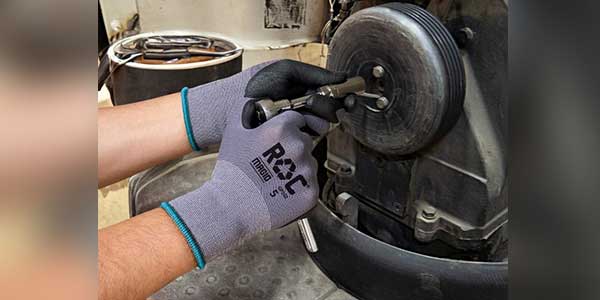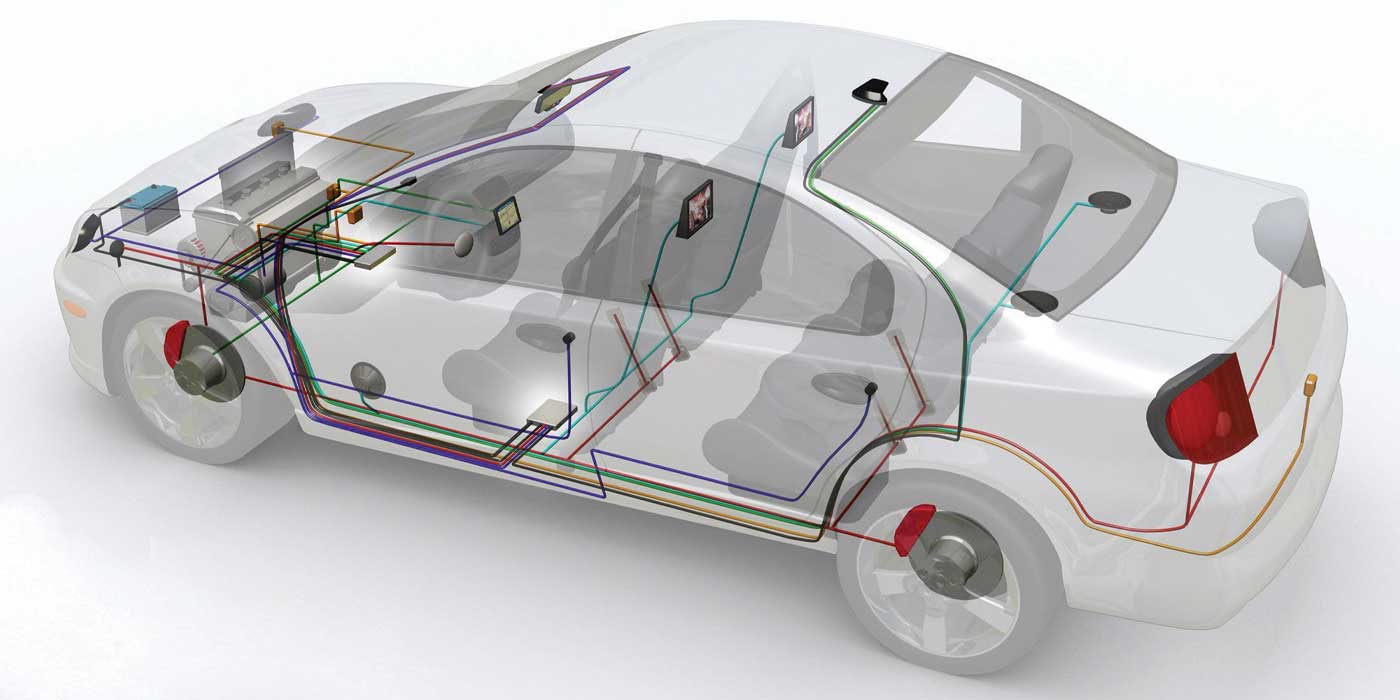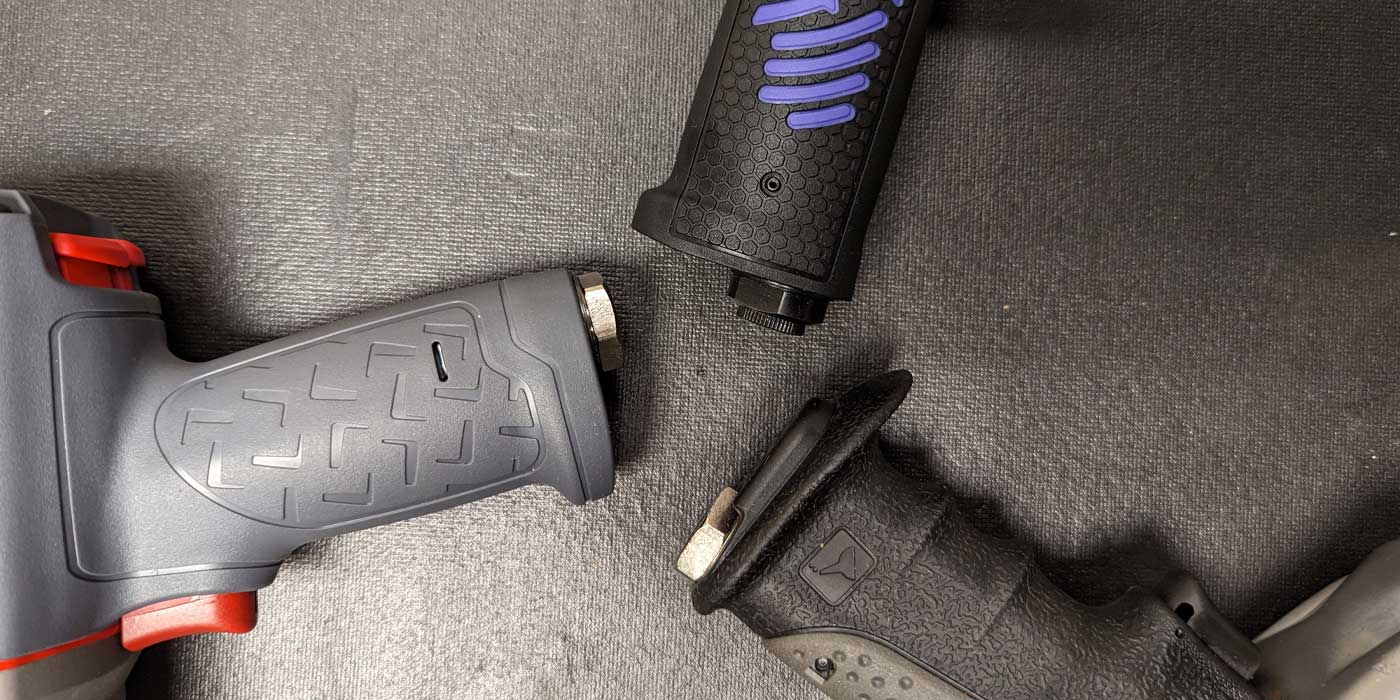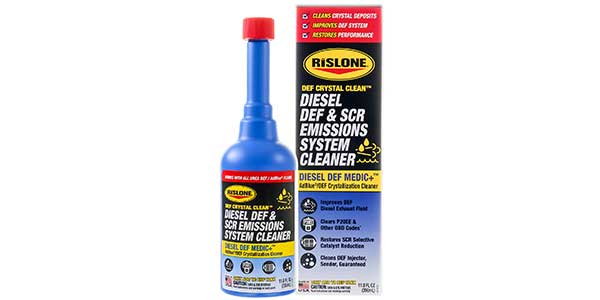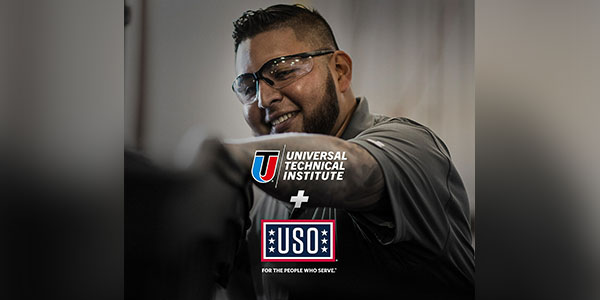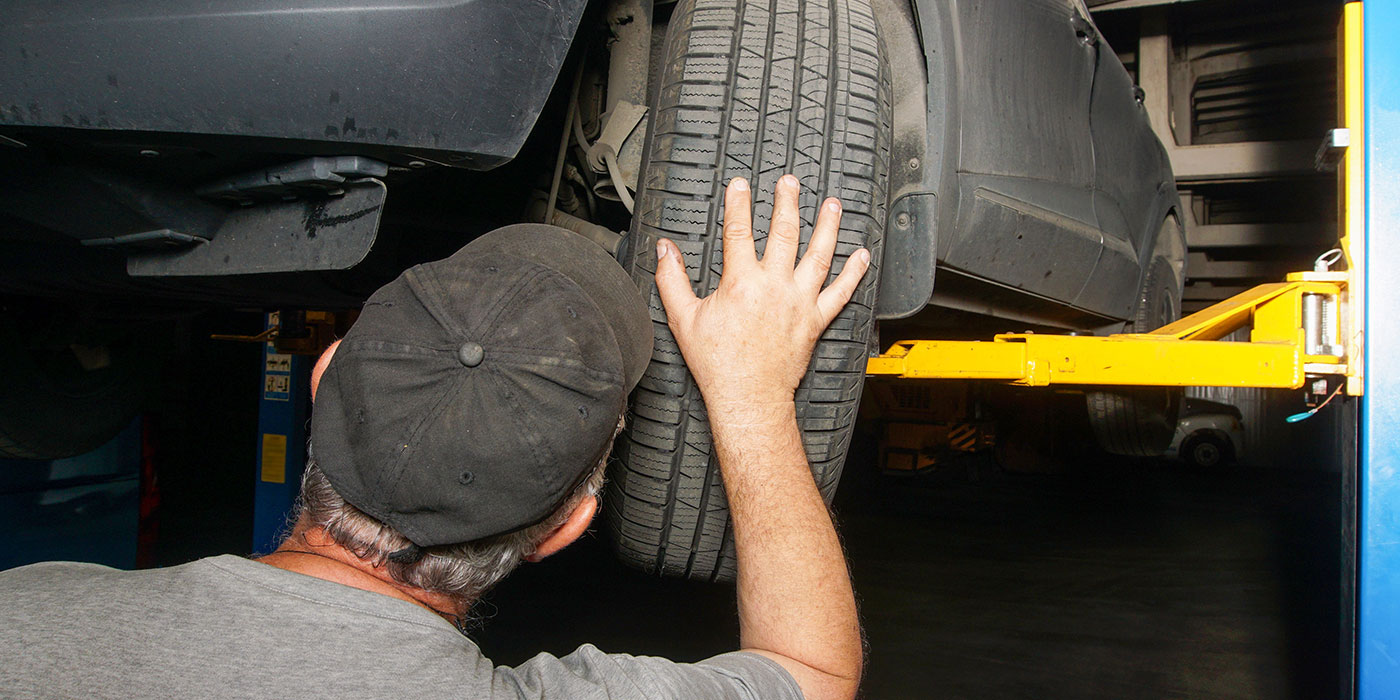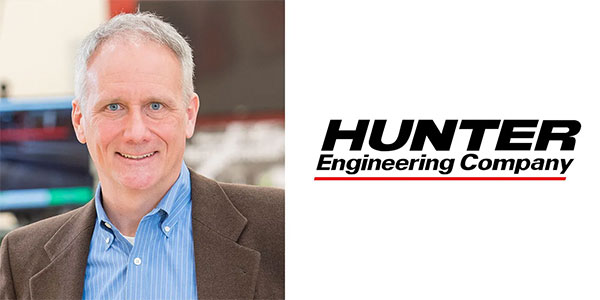To manage and motivate their service advisors, most dealers use highly variable pay plans based on gross margin. I believe such plans are counterproductive because they change the service advisor focus away from customer retention and the behaviors required to maximize dollars per units-in-operation.
Variable pay plans change the focus along three dimensions:
- From the important to the immediate. Retention requires dealers to compete for all vehicle maintenance items, not just the most profitable one. For example, tires, while low margin, are significant defection points. Consumers replacing tires through other channels often defect for other maintenance and light repairs. Today’s pay plans discourage advisors to compete rigorously to defend strategically important, but less profitable business.
- From relationship to transaction. Advisors are encouraged to maximize dollars per RO, asking for the whole business today out of fear the consumer will not return. To better match consumer readiness and affordability, break work into immediate needs, near-term follow-up items and longer-term requirements.
- From “what works for you” to “what works for me.” Scheduling is a prime example. Advisors often guide consumers toward openings in their calendars, not the consumer’s, frequently leading consumers to find more convenient or timely options. Advisors are also tempted to push more expensive options or “dealer recommended” products, undermining consumer trust. In fact, if consumers better understood advisor pay plans, defection would likely be higher.
Most importantly, highly variable pay plans are not working; too much work continues to escape the dealer channel and advisor turnover remains unsustainably high.
So, what should dealers do?
First, pay plans should place more emphasis on consumer retention and rewarding advisors when consumers return to the store, regardless of who serves them next. Such an approach would focus advisors on important elements of the consumer experience, such as meeting delivery times and Fixed Right the First Time. These are better predictors of customer satisfaction than surveys, which can be coached or manipulated.
Next, the focus should shift to actively managing advisors, rather than relying on pay plans to manage people. Service managers need to look beneath the numbers and insist that advisors present multipoint inspection (MPI) results and properly note declined services.
Managers also need to review penetration rates among strategic commodities such as tires, batteries and brakes, to assure these items are being retained within the dealership. Advisors could then be rewarded for achieving desired penetration in these commodities.
Active management should also include “RO reviews” where managers review specific situations and coach on missed opportunities to uncover any deficiencies in product knowledge and selling skills.
Ultimately, advisors should be expected to grow service dollars from their VINs managed. Advisors who achieve a higher level should be rewarded more, while those who do not achieve the standards should be exited. The bottom line is that to maximize service revenue potential, emphasis must move away from a transactional gross focus.


